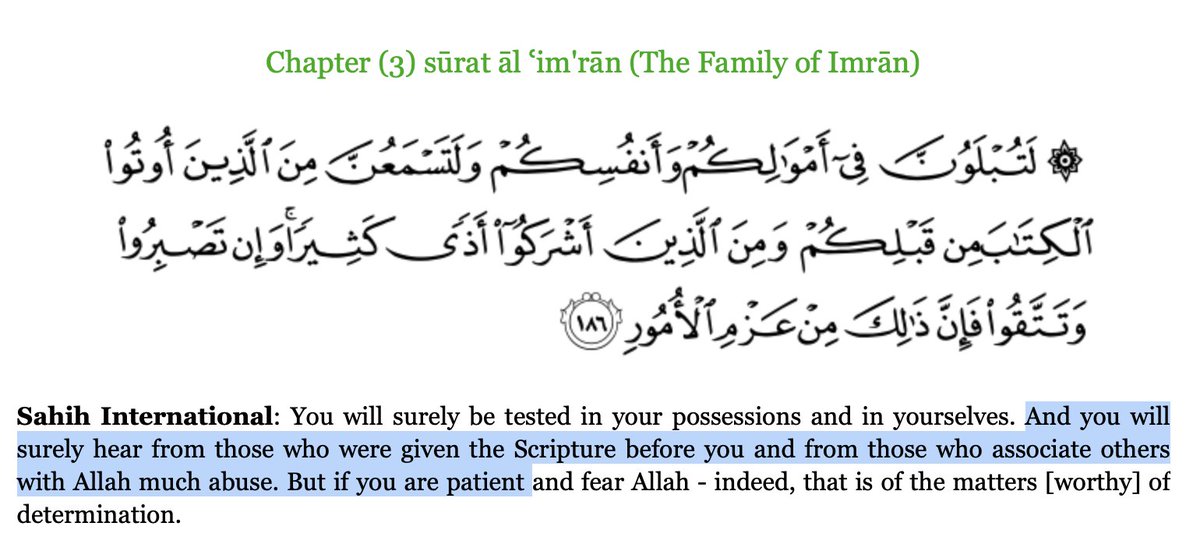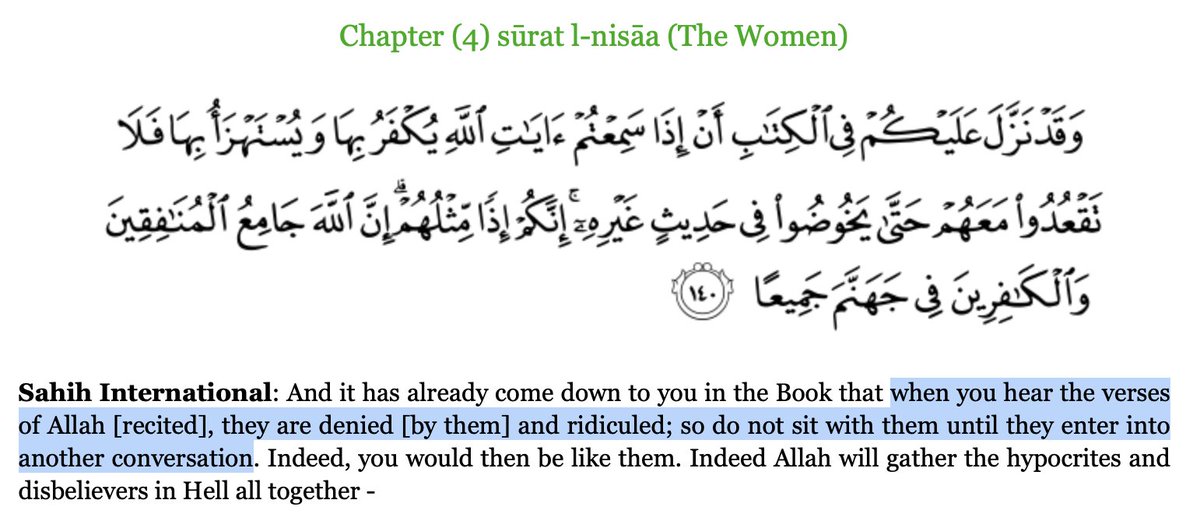
"The Muslims Who Inspired Spinoza, Locke & Dafoe"
The wisdom of #IbnTufayl & #IbnRushd in reconciling religion & reason helped the European #Enlightenment.
Today it can help us Muslims, too.
My new piece in @nytopinion - and a teaser for my new book:
nytimes.com/2021/04/05/opi…
The wisdom of #IbnTufayl & #IbnRushd in reconciling religion & reason helped the European #Enlightenment.
Today it can help us Muslims, too.
My new piece in @nytopinion - and a teaser for my new book:
nytimes.com/2021/04/05/opi…
"Hayy ibn Yaqzan," the world’s first philosophical novel by 12th c Muslim polymath #IbnTufayl, made a bestseller in early modern Europe.
It inspired Enlightenment thinkers & Quaker theologians. They were allured by its religious #humanism: a cure to religious violence & bigotry.
It inspired Enlightenment thinkers & Quaker theologians. They were allured by its religious #humanism: a cure to religious violence & bigotry.

“Hayy ibn Yaqzan”s message was bold for its time: man was blessed with divine revelation from above, and with reason & conscience from within.
So, religion was a path to truth, but not the only path.
So, people could be wise & virtuous without religion or a different religion.
So, religion was a path to truth, but not the only path.
So, people could be wise & virtuous without religion or a different religion.
#IbnRushd advanced the idea.
Religion & reason were independent paths to truth. So, religion had written laws, while reason had "unwritten laws": universal principles of justice, mercy, thankfulness.
When there was a conflict, written laws (the Sharia) had to be reinterpreted.
Religion & reason were independent paths to truth. So, religion had written laws, while reason had "unwritten laws": universal principles of justice, mercy, thankfulness.
When there was a conflict, written laws (the Sharia) had to be reinterpreted.
The "cancelling" of #IbnRushd, and the loss of independent reason, has had grim consequences for Muslims.
Powerful orthodoxies in the Islamic world are still denying values distilled from the “unwritten laws” of humanity: human rights, religious liberty, or gender equality....
Powerful orthodoxies in the Islamic world are still denying values distilled from the “unwritten laws” of humanity: human rights, religious liberty, or gender equality....
These orthodoxies also preach blind obedience to old jurisprudential verdicts, without asking “why and how,” without deploying reason & conscience.
The result is a troubling religiosity that relies on #coercion instead of #freedom, and generates #moralism instead of #morality.
The result is a troubling religiosity that relies on #coercion instead of #freedom, and generates #moralism instead of #morality.
#IbnRushd had another powerful idea: #FreeSpeech.
You should always cite the views of your opponents,” he said. “Failure to do so is an implicit acknowledgment of the weakness of your own case.”
The late @rabbisacks had traced how the idea went all the way to John Stuart Mill.
You should always cite the views of your opponents,” he said. “Failure to do so is an implicit acknowledgment of the weakness of your own case.”
The late @rabbisacks had traced how the idea went all the way to John Stuart Mill.
Let me add on #IbnRushd's little-known (and, in Islamic tradition, unpopular) belief in "unwritten laws" of humanity ("sunan ghayr maktuba") - aka natural law - I relied on the recent works of Karen Taliaferro & Feriel Bouhafa.
I recommend this article:
academia.edu/41208891/Ibn_R…
I recommend this article:
academia.edu/41208891/Ibn_R…
This idea - natural law - is crucial for universal norms, such as religious freedom.
But it has been marginalized in Sunni Islam.
No wonder the typical Muslim puritan will see only "hawa" (desire, temptation) outside of religious law - nothing reasonable, nothing conscientious.
But it has been marginalized in Sunni Islam.
No wonder the typical Muslim puritan will see only "hawa" (desire, temptation) outside of religious law - nothing reasonable, nothing conscientious.
A few academics objected to my observation that Ibn Rushd's philosophy was "cancelled" among Muslims.
What I meant was summarized well by Oliver Leaman, professor of philosophy, in his book, "Averroes and His Philosophy." Here is a glimpse. (Muhammad Al Jabiri wrote much more.)
What I meant was summarized well by Oliver Leaman, professor of philosophy, in his book, "Averroes and His Philosophy." Here is a glimpse. (Muhammad Al Jabiri wrote much more.)

• • •
Missing some Tweet in this thread? You can try to
force a refresh




